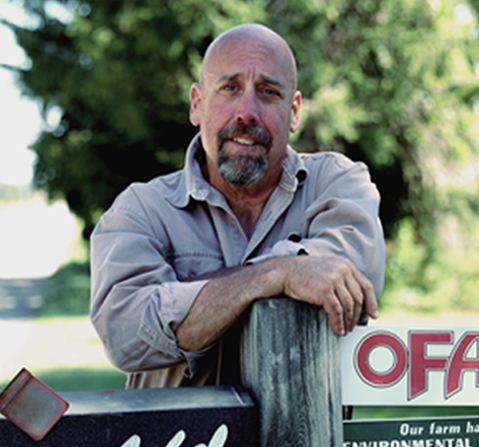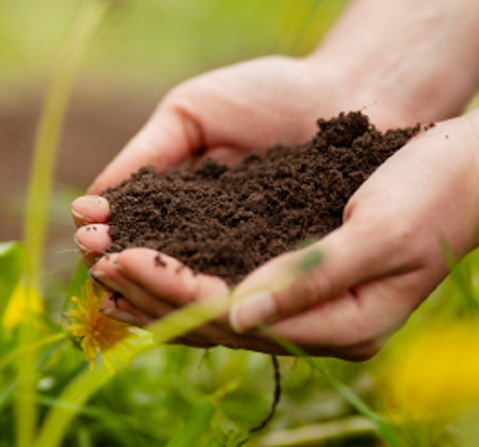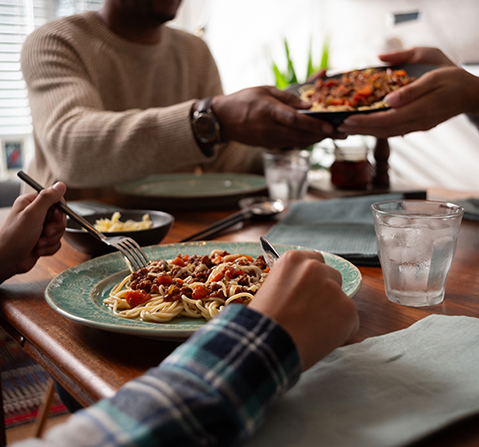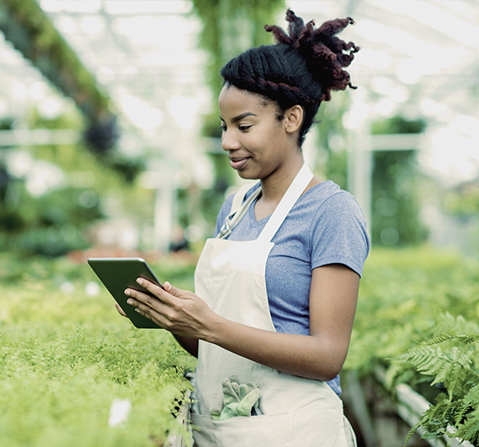Ben Wiper transforms unused animal by-products into new goods
Ben Wiper has a particular skill. It’s understated but incredibly valuable—something that he has developed over various jobs in his career. Ben can transform. Whether it’s being a General Manager or a Director of Finance or an IT consultant, Ben revels in the beauty of change. It’s this unique perspective that gave him the ability to see opportunity in something we all try to ignore: waste.

An untapped market
While Canadian agriculture and food businesses aim to reduce waste as much as possible, it is sometimes a difficult task. For example, animal waste — such as bones and tallow (fat rendered from animals) — is often considered an unusable animal by-product, and it’s difficult to dispose of it safely.
Ben found this to be true when he partnered with a fish processing company in Newfoundland and Labrador. Recycling the waste was an option, but Ben felt more could be done.
So what’s better than simply recycling waste? Upcycling it! “There was a lot unused material there,” Ben recalls of his days with the fish processing company. “I wanted to find a way to reuse it as marketable products.”
Having worn many hats over his career, Ben was no stranger to learning and adapting. With this new-found passion to change the way we see waste, he decided it was time to strike out on his own. He made the huge decision to leave the fish processing company and add two new hats to his repertoire: founder and CEO.
Waste not, want not
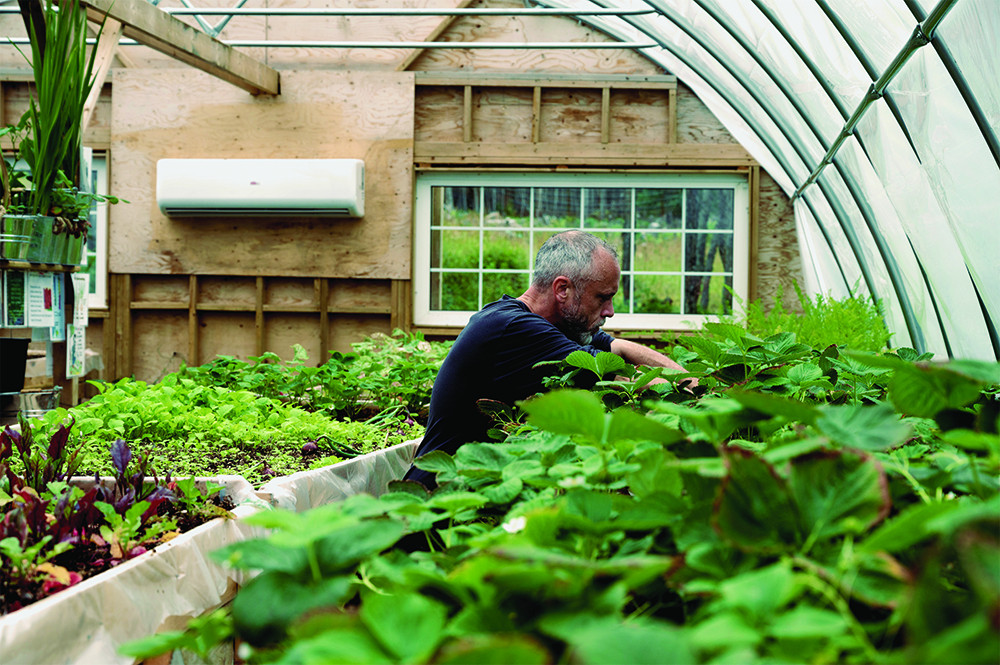
Starting with fish and quickly moving on to livestock and forestry, Ben founded 3F Waste Recovery in 2017. Together with his team, Ben identifies and pioneers innovative ways to upcycle waste from the animal and fish by-products created by farming and fishing. They use by-products in an efficient and inspired way, such as extracting lanoline wax from unusable sheep wool to use in personal care products and using the spent wool for batting insulation. Other by-products are also upcycled, such as tallow to make soap or manure to make compost.
And they’re not stopping there! Ben plans to increasingly focus on fertilizers in the future by enhancing soil additives with bone meal (finely crushed animal bones): “It’s like optimizing soil in real time,” Ben says. “We’re learning the best ways to regulate the health of plants. It’s going to change everything.”
Sometimes it’s hard to see leftover gunk as anything but off-putting, and it’s easy to stop caring once trash is in the bin. But Ben and his team see the value in waste and are working to give new life to what’s typically seen as unusable. This shift in mentality is essential for our environment, and it’s thanks to innovative thinkers and processors like Ben that our planet has a greener future.
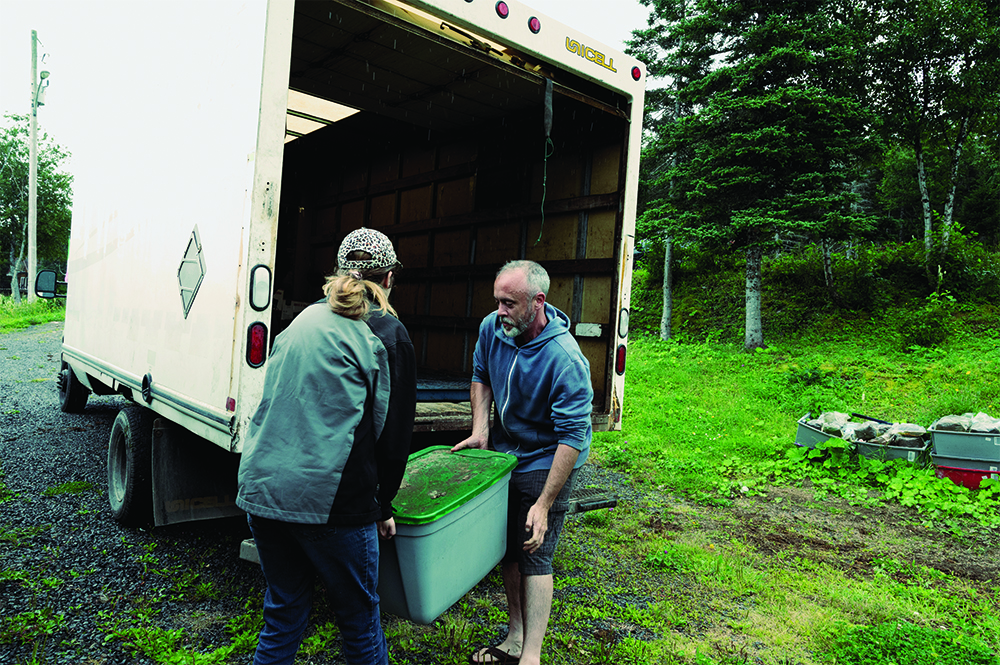
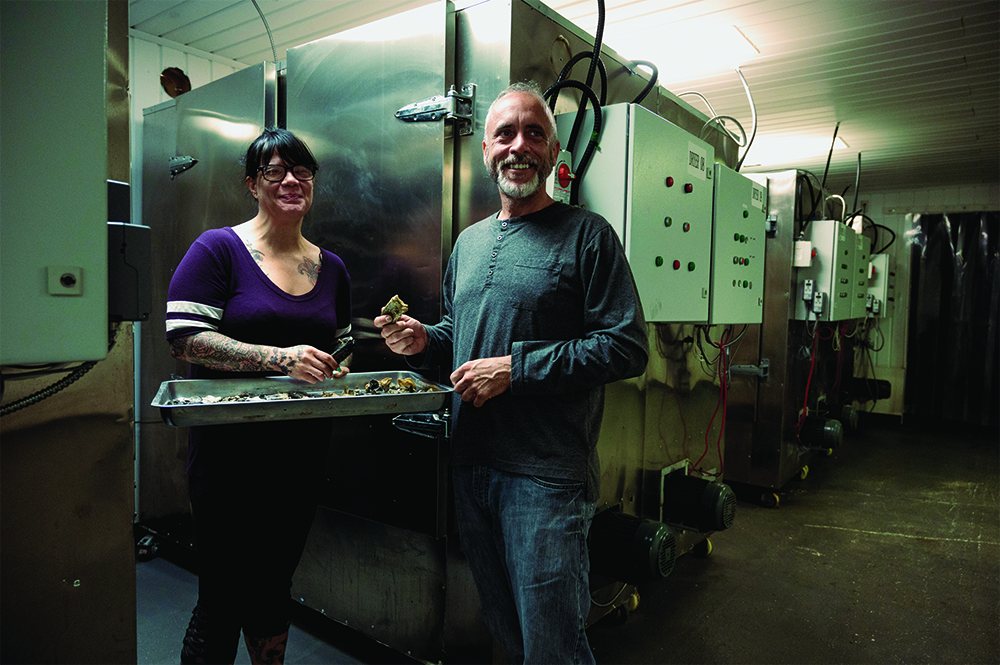
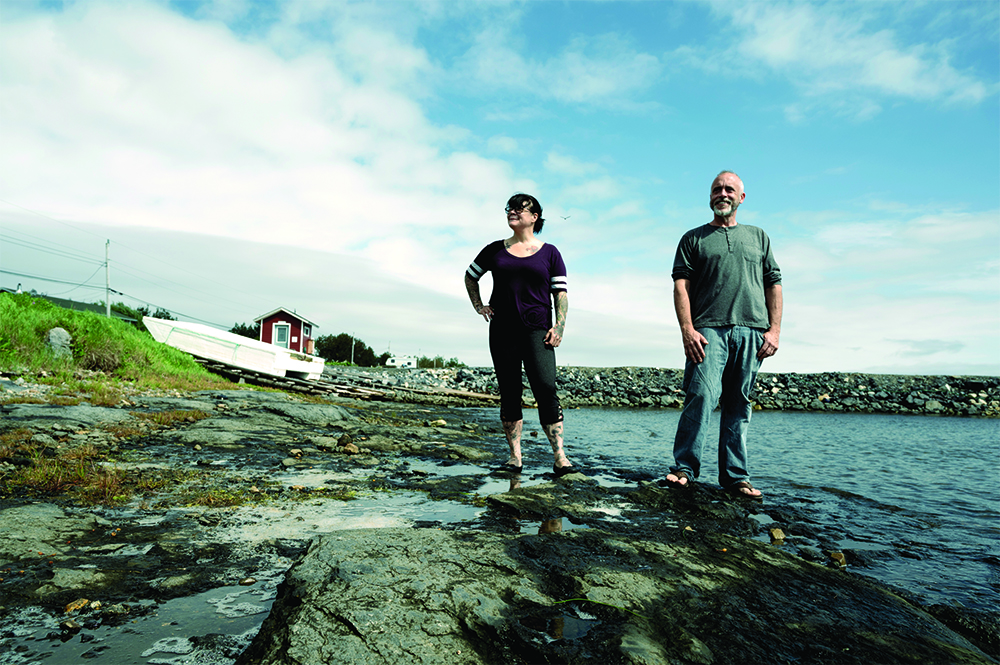
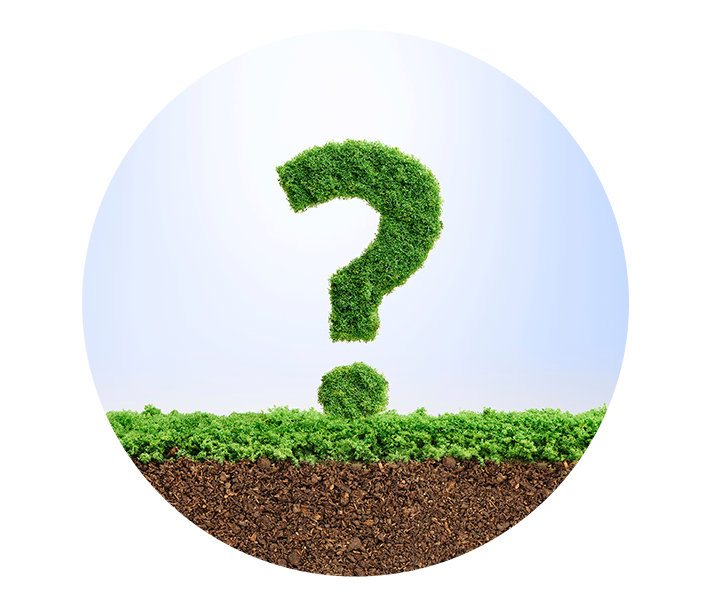
What is upcycling?
In the ultimate transformation, upcycling turns unwanted or seemingly unusable waste into newer, sometimes even better quality products.
